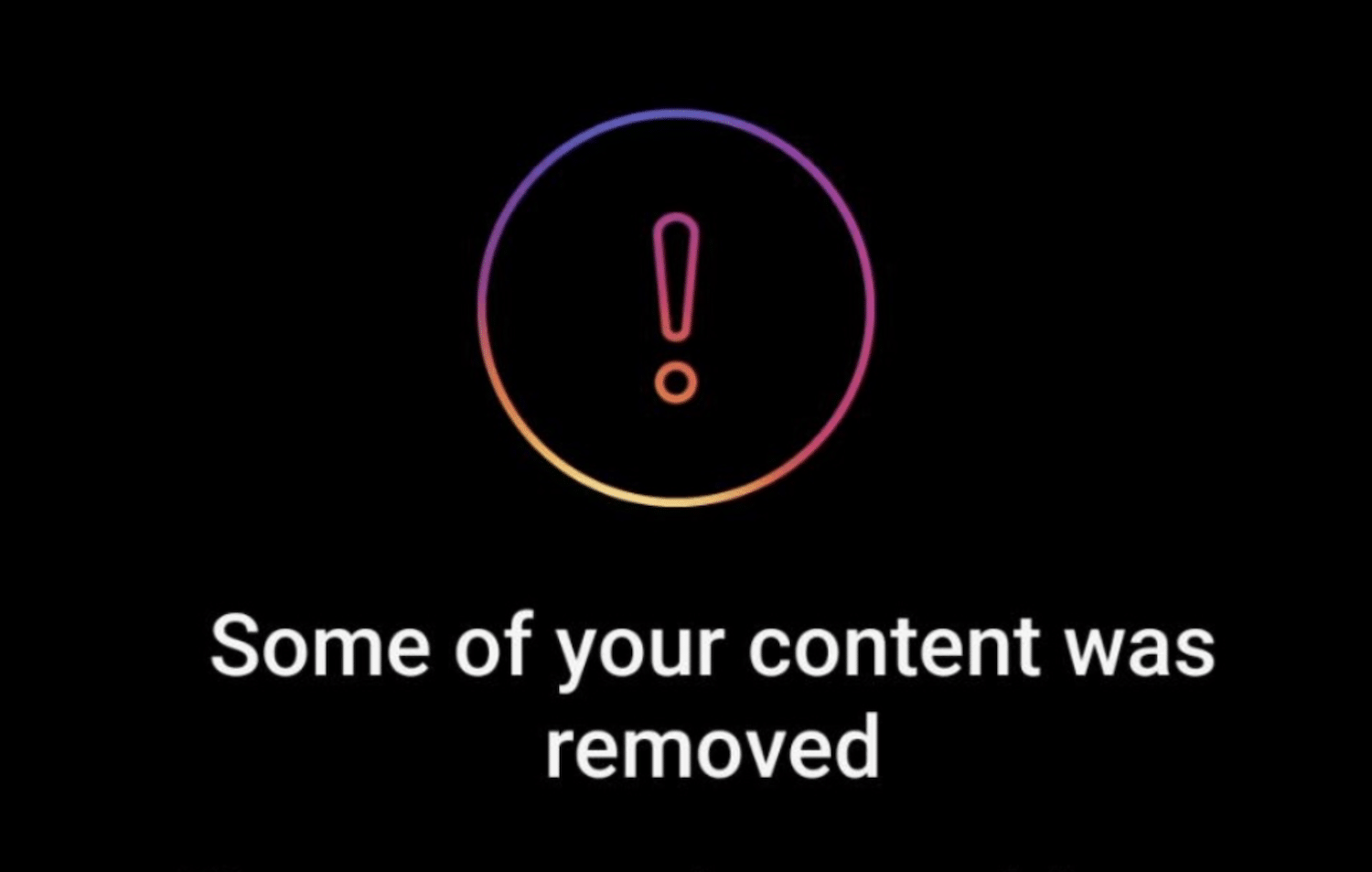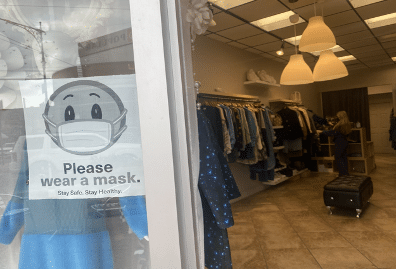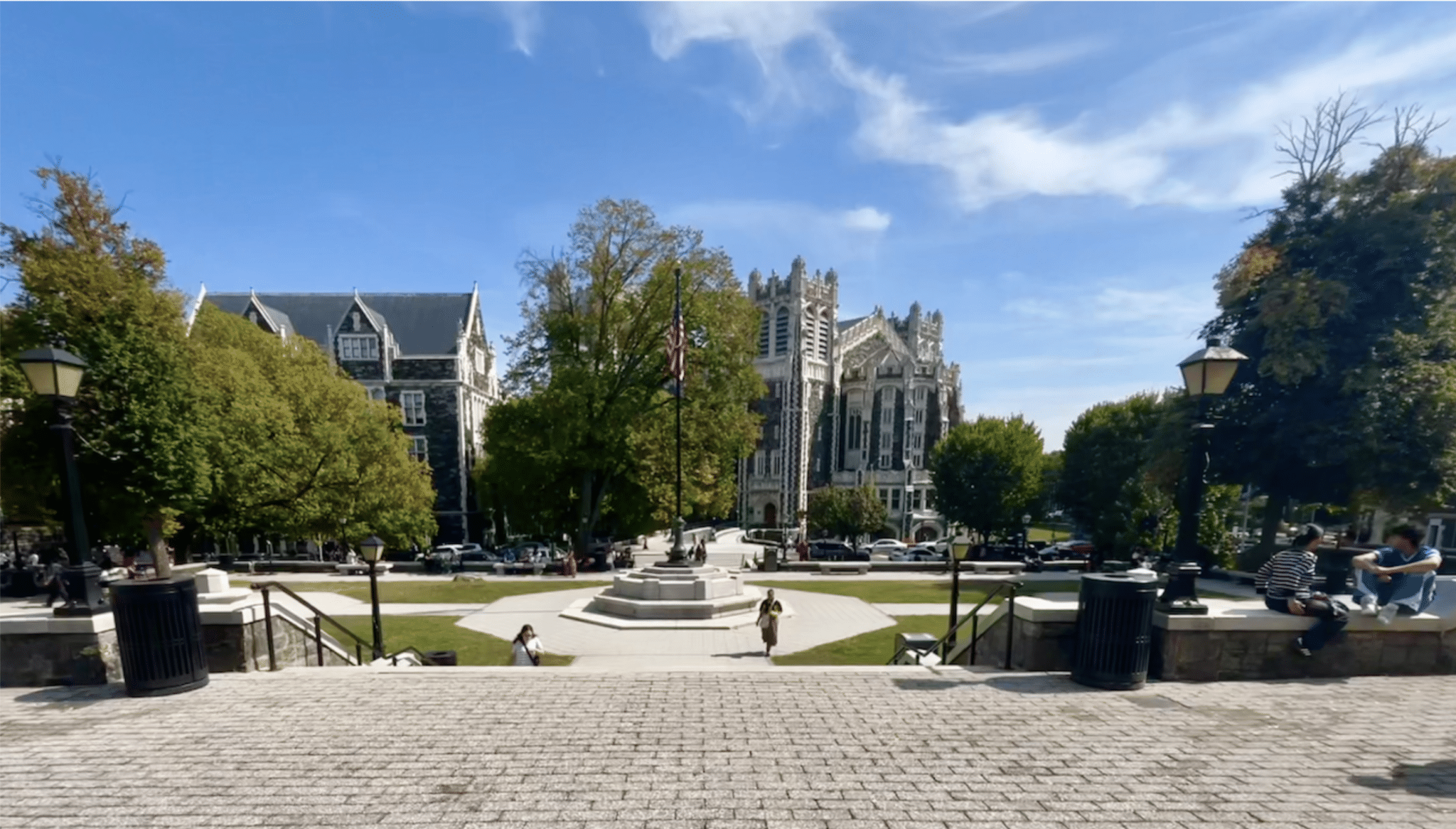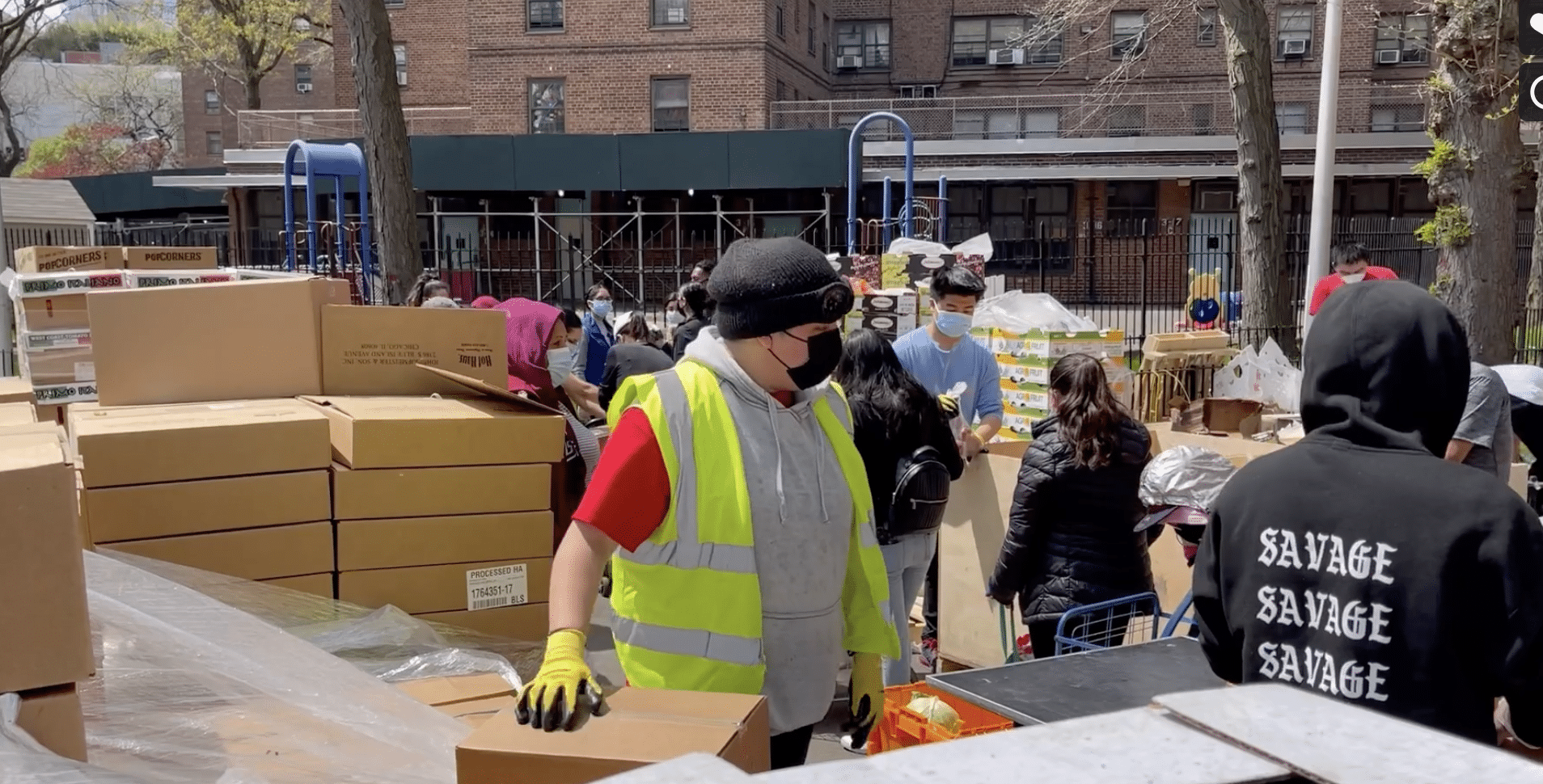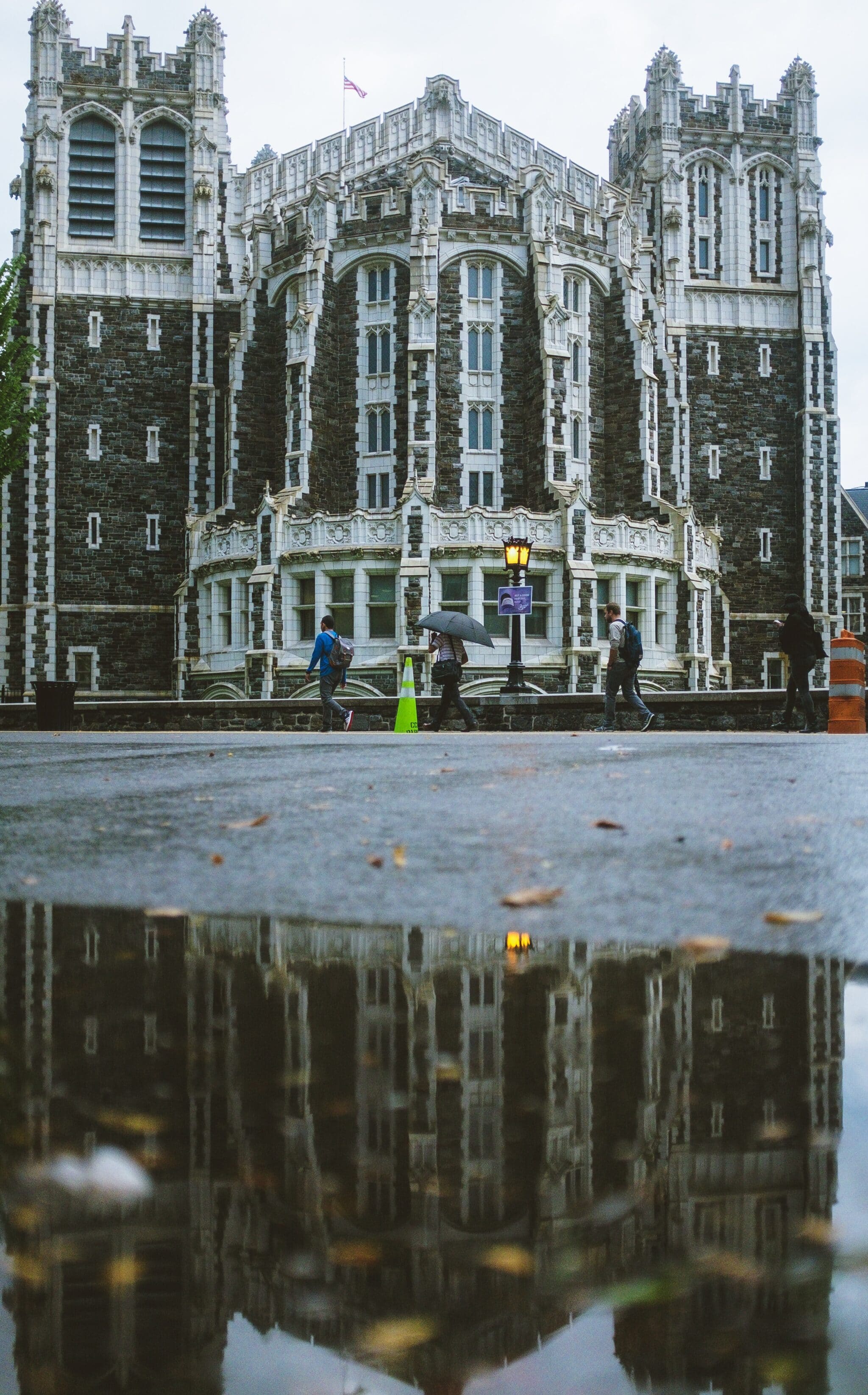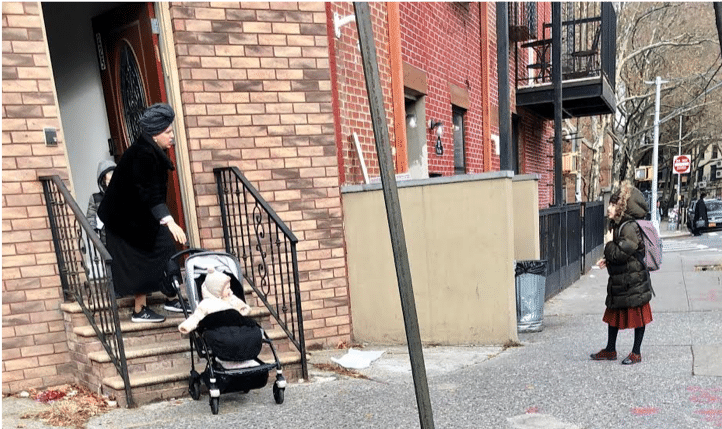Pro-Palestinian activists in the U.S. face political backlash and online suppression as the Israeli attack on people in Gaza continues. Students for Justice in Palestine (SJP) chapters and national advocacy organizations experience a repeated pattern of shadow banning, where a platform hides content it considers controversial, outright content removals, and complete deactivations of their social media accounts.
Activists say this censorship isn’t coincidental. They maintain that it’s targeted and political. A Pew Research Center study found over half of U.S. adults now get their news from social media platforms. This makes platforms like Instagram, Facebook, and X, formerly Twitter, important. They use these tools for visibility and mobilization. But many find these platforms limit their reach at a time, they say, when their voices are needed most.
An organizer from Labor for Palestine, who requested anonymity, described the organization’s experience with what she believes is shadow banning on Instagram. “I get the impression that the NYC Instagram account is shadow banned,” she said. “Sometimes we’ll post things and it feels like nobody sees it.” She also said that her personal account was temporarily banned after she posted a video about helping a Palestinian family. “My personal account was banned for fundraising for a family in Gaza,” she said.
She was eventually reinstated, but she noted that the process was unclear. “They gave a kind of… boilerplate, like something about it just violating policies. I think and it didn’t say why.”
When asked about the impact of censorship, she added, “I really shifted to way more in person stuff.. Just like flier-ing in my neighborhood. It felt like no one was clicking on a link based on social media. Even I would have TikTok, and thousands and thousands of people saw it, and nobody would donate from it.”
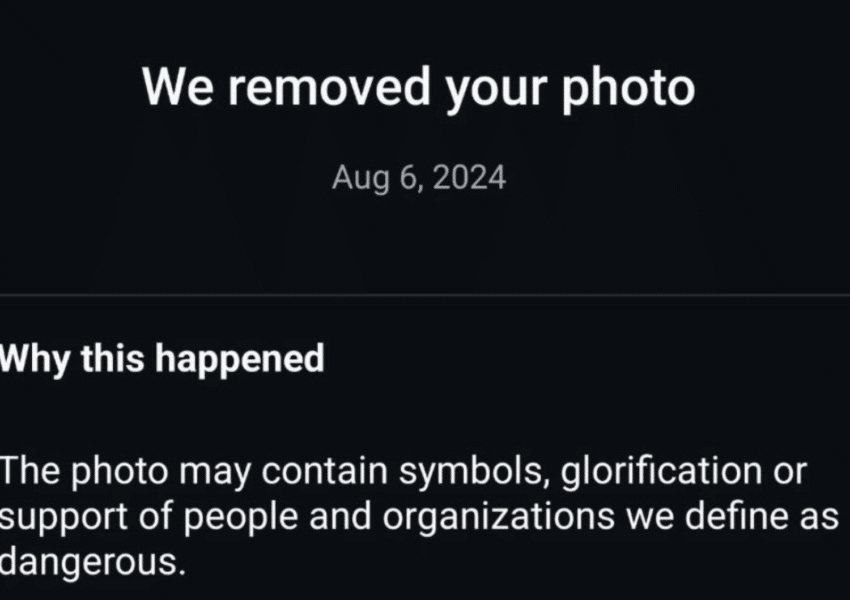
Student activists have support for their interpretation of what’s happening to their messaging.
The UN Special Rapporteur on Freedom of Opinion and Expression labeled suppressed information a “global crisis” triggered by the conflict in Gaza. A 2025 article published in the Sage Journals found Palestinian activists and their supporters face systematic suppression at a national level and that government and non governmental groups, and individuals restrict the ability to organize and share information about Gaza and Palestinian activism. The author, Stefania Di Stefano, said, “..the failure to protect the right of Palestinians to have their voices heard contributes to the erosion of our collective right to freedom of expression and has wider repercussion on the promotion and protection of human rights more generally.”
Many activists have concrete examples of where they think they have faced censorship.
Former members of Medford SJP in Massachusetts experienced direct university suppression. A former member who requested to stay anonymous explained that the group’s Instagram account was shadow banned and its usage was shut down under pressure from Tufts University. “Anyone continuing to affiliate with it faces possible disciplinary consequences,” he said.
He described what he found of signs of shadow banning, “I would post something and go to my personal Instagram account which follows that and it’s not been anywhere in my feed or anything like that.”
This former SJP member also found that fundraising posts were hit especially hard. “A lot of our posts about raising money for families in Gaza seem to be particularly affected,” he said. To overcome the banning, he found that in-person outreach was still the most effective, but it used more effort. “It takes a lot more dedication and energy. It’s a good way to make a connection with people.”
At the national level, the US Palestinian Community Network (USPCN) faced similar bans. Nick Sous, an organizer based in Chicago, said that USPCN’s Instagram account was repeatedly targeted in content reports, leading to extended shadow bans. He explained posts that wished happy birthday to Rasmea Odeh, a founder of USPCN and former political prisoner, were reported as “supporting terrorism.”
“This was a post, it was a happy birthday post, from, I think ond post was from two years prior,” he said. “Somebody dug into our social media and pulled a post from over two years ago and reported it.” The result was a 90-day shadow ban on their account which was repeatedly extended as more old posts were flagged.
Sous also mentioned a post made in October 2024 commemorating a year of Palestinian resistance that was removed within hours. “We posted a “one year of resistance” type post, recapping that October 7 didn’t happen in a vacuum type political analysis and that one was reported and taken down within a matter of a couple of hours,” he said. Despite being given the option to appeal these bans, he recalled that Instagram never responded to their appeals. “Each time that we did, we heard nothing back.”
Activists like the former member of SJP in Medford believe the censorship is deliberate. “It absolutely is purposeful. This is not a phenomenon, we’ve seen suppressing of Instagram accounts a lot on radical groups even before October 7, like Black Lives Matter. Additionally, I haven’t seen a single example of a Zionist group getting shadow banned or having their Instagram accounts suspended even when there are Zionist groups calling for Tufts students to be deported.”
The academic community has also been documenting and analyzing global suppression. A report published in Sage Journals cites multiple examples of both state and non- state actors actively silencing pro-Palestinian voices through protest bans, excessive policing, and a social media content removal. The research notes that between only October and November 2023, Israel’s Cyber Unit sent over 9,500 content takedown requests to social media platforms, with companies like Meta fulfilling 94% of those requests.
The American Civil Liberties Union (ACLU) also found censorship goes further than digital platforms and extends to university campuses. Florida Governor Ron DeSantis and the State University System ordered public universities to deactivate their SJP chapters, saying, without evidence, that they violated state laws related to terrorism. The ACLU has since filed a lawsuit, stating that this violates students’ First Amendment rights to free speech and association.
The ACLU wrote, “Florida officials’ ban against a student group exercising free speech is both dangerous and wrong. Actions like these could pave the way for further censorship and discrimination within our schools and across the nation.”
Ironically, activists have learned that they can turn away from social media and still make contact with people.
“The best organizing is going to happen in person. One to one,” an organizer for Labor for Palestine said. She explained that online activism has its place but urged individuals to join organizations and engage directly with their communities. “Recognize the limits of posting… if you’re not active in an organization, if you’re not doing ongoing organizing, inside your union, in your community, against U.S. empire, for the future of the world, for Palestine, find an organization, join an organization and start doing that work with other people.”
Echoing this, Sous of USPCN explained that the group has turned increasingly toward mass text broadcasts and in person organizing. “The important thing is that the work goes on. Social media is just one of the many tools that we have… we’re always evaluating our work both on social media and off social media to see how we can best have an impact.”
Tags: ACLU American Civil Liberties Union Jana Elsayed Palestinian activists shadow banned Palestinian students shadow banned shadow banning US Palestinian Community Network
